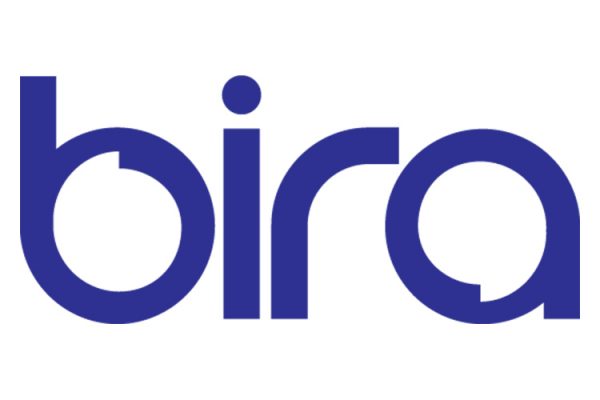Microsoft is facing new billion-pound legal action by UK businesses and organisations that were allegedly overcharged for Microsoft products.
Court papers filed by leading digital markets regulation and policy expert Dr Maria Luisa Stasi and her lawyers at the complex disputes resolution firm Scott+Scott argue that affected UK businesses and organisations are collectively owed more than £1 billion in compensation after being overcharged for licensing Windows Server for use on Microsoft’s main rivals’ cloud platforms.
The lawsuit, submitted to the UK’s Competition Appeal Tribunal, claims that Microsoft is punishing thousands of UK businesses and organisations that use rival cloud computing services from Amazon, Google and Alibaba by forcing them to pay higher licence fees for Windows Server.
All UK businesses and organisations that bought licences for Windows Server via Amazon’s AWS, Google Cloud Platform, and Alibaba Cloud may have been overcharged and will be represented in this new “opt-out” collective action.
Put simply, Microsoft is punishing UK businesses and organisations for using Google, Amazon and Alibaba for cloud computing by forcing them to pay more money for Windows Server.
By doing so, Microsoft is trying to force customers into using its cloud computing service Azure and restricting competition in the sector
This lawsuit aims to challenge Microsoft’s anti-competitive behaviour, push them to reveal exactly how much businesses in the UK have been illegally penalised, and return the money to organisations that have been unfairly overcharged.
– Dr Maria Luisa Stasi, representing the UK businesses and organisations
Collective actions level the playing field and allow organisations to fight back against anti-competitive behaviour from some of the biggest companies in the world.
Dr Stasi’s case against Microsoft aims to do exactly that. We are proud to support her efforts to secure compensation for the class and hold Microsoft to account for its conduct that affects businesses and organisations across the UK economy.
– James Hain-Cole, Partner at law firm Scott+Scott UK leading on the case against Microsoft
Microsoft’s market dominance, licensing changes and impact on UK businesses
Microsoft is one of the biggest companies in the world. Its 2024 revenues set a new record totalling almost £185 billion. Microsoft is by far the dominant player in desktop operating systems with a market share of between 70-80%, according to the CMA; this dominance has been carried through to server operating systems.
Microsoft, says the court case, is aware that UK businesses and organisations are reliant on its operating systems and software for their day-to-day business needs. It leverages its dominant market position in server operating systems into the cloud market by extracting higher prices and trying to induce customers to move to Azure, the new legal action claims.
Businesses and organisations using cloud computing services from key rivals Amazon’s AWS, Google Cloud or Alibaba Cloud pay higher licensing fees from Microsoft to use its Windows Server.
Small businesses in the UK hit particularly hard
Many thousands of businesses and organisations in the UK are likely to have been affected by Microsoft’s overcharges, ranging from small start-ups to large, established firms. This case is being brought on behalf of all affected UK organisations on an ‘opt-out’ basis.
Small businesses across the country are hit particularly hard by Microsoft’s hiked licensing fees. For the first time in over a decade, more businesses in the UK are closing down than starting up. The cost of cloud computing for small businesses in the UK continues to increase. A recent poll of IT leaders in the UK found that costs had increased by an estimated 14% in just a year.
Against this backdrop, a hypothetical small business of 10 staff that uses Amazon’s AWS for cloud computing services, and whose staff use Windows on company laptops, will be forced to pay higher Windows Server licensing fees than if the business used Microsoft Azure for cloud computing.
Regulatory investigations and settlements paid by Microsoft relating to these practices
Regulators in the UK and beyond have already started investigations into Microsoft in relation to its cloud computing practices, including those addressed in the claim.
Ofcom, the UK’s communications regulator, found that, particularly with Microsoft, “cloud providers are using their strong position in software products to distort competition” in cloud computing.
Ofcom referred Microsoft and others to the CMA to be investigated. The outcome of that investigation is expected to be handed down in July 2025, but the CMA has already echoed Ofcom’s “concerns…about the software licensing practices of some cloud providers, in particular Microsoft.”
Microsoft has also already paid €20 million to a group of cloud computing competitors to settle an antitrust complaint about its cloud computing licensing practices, averting an EU antitrust investigation and a potentially hefty fine.









